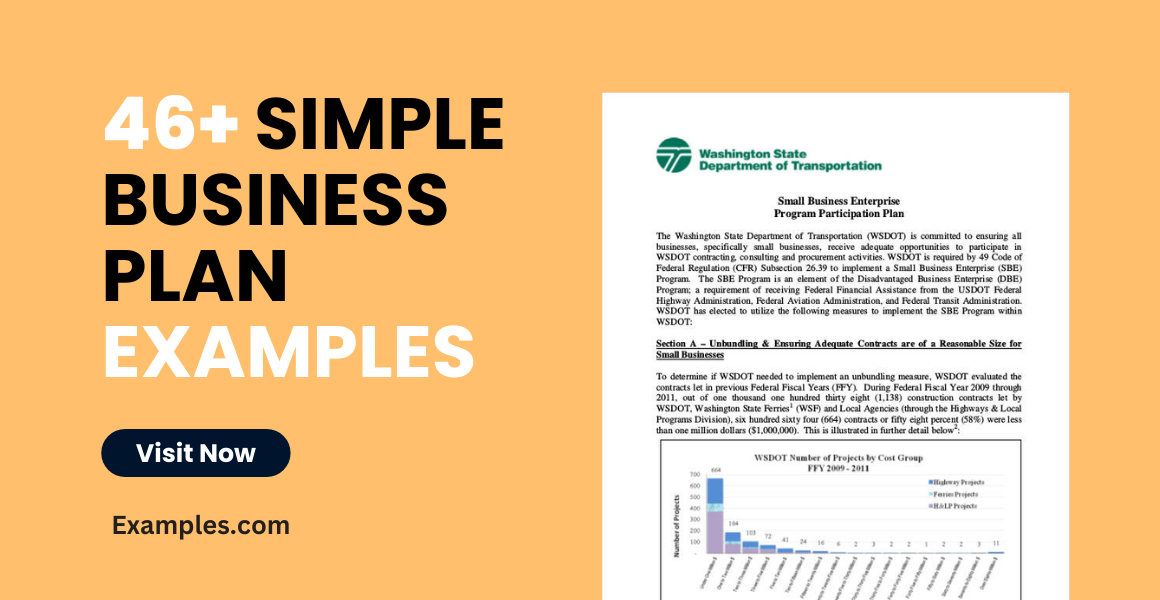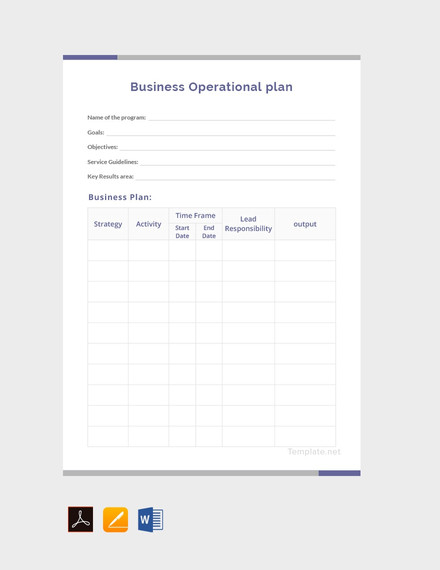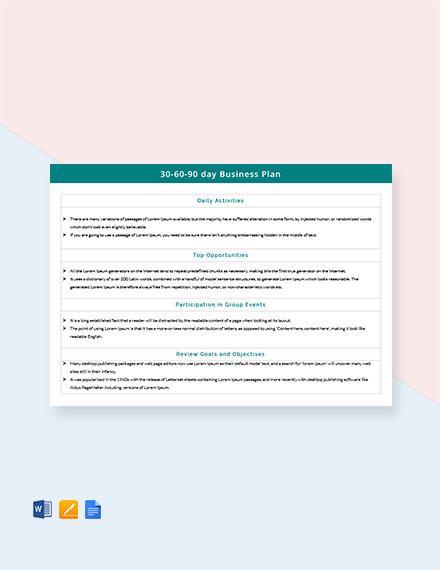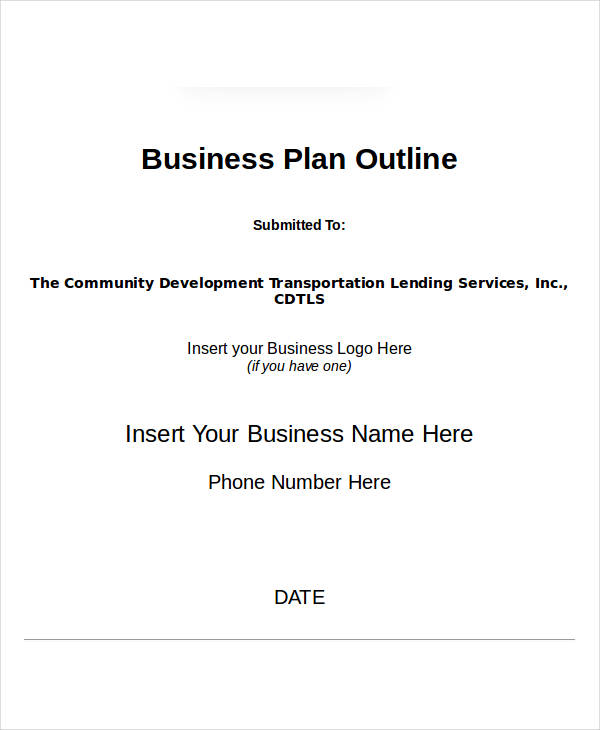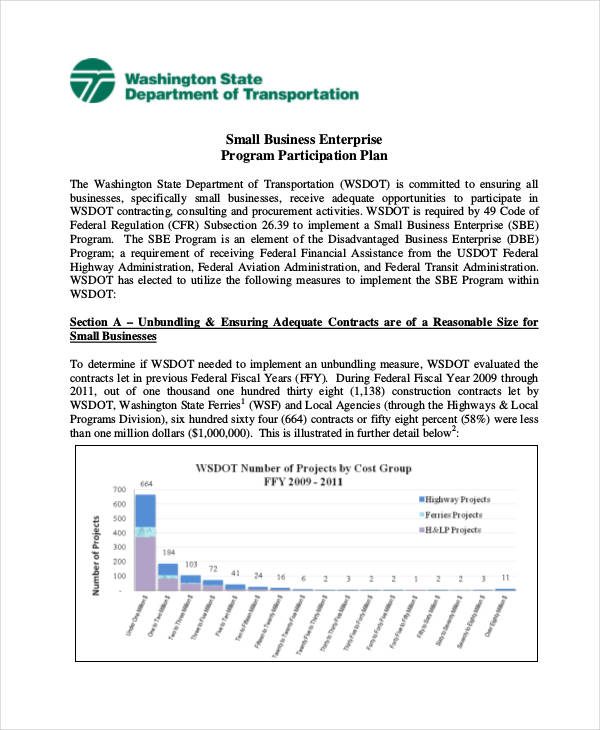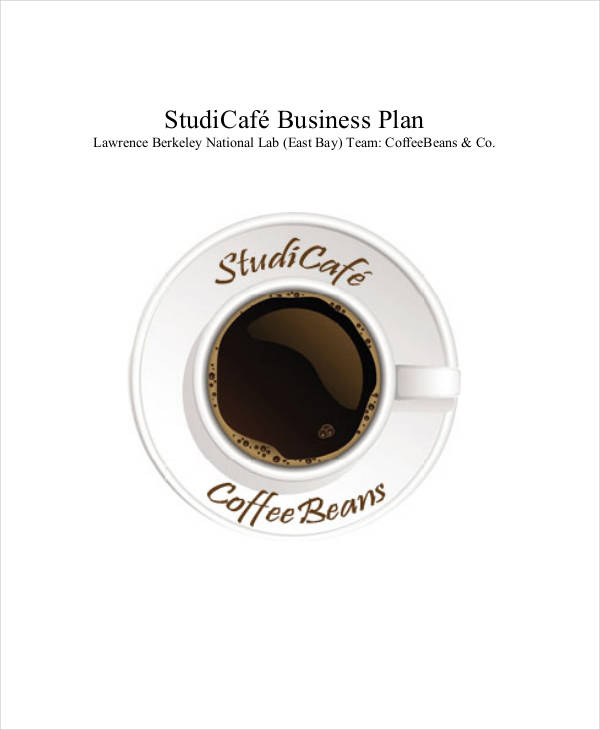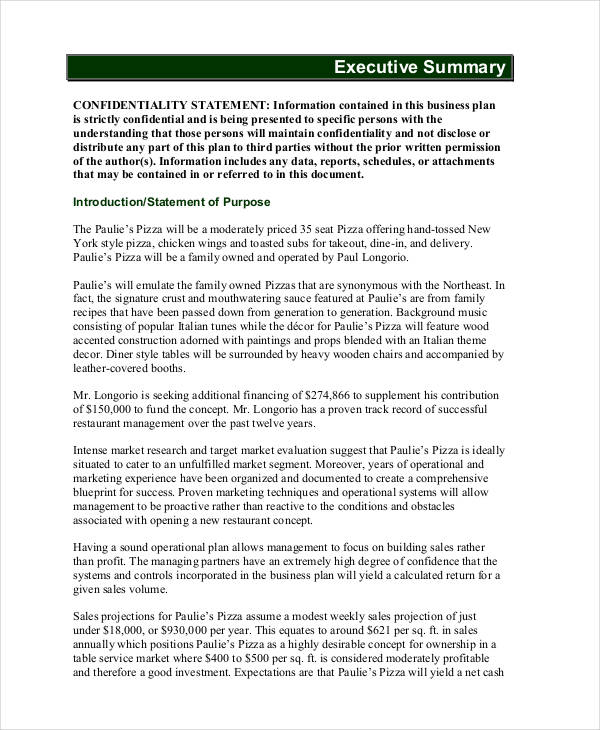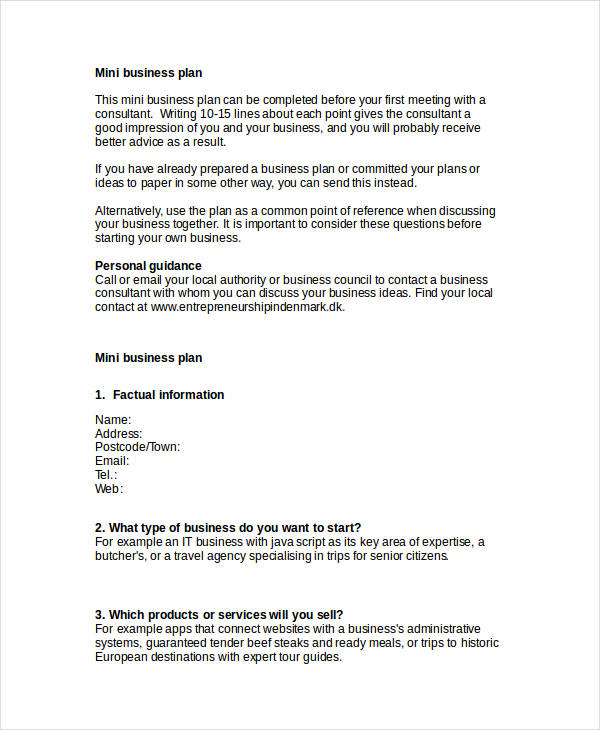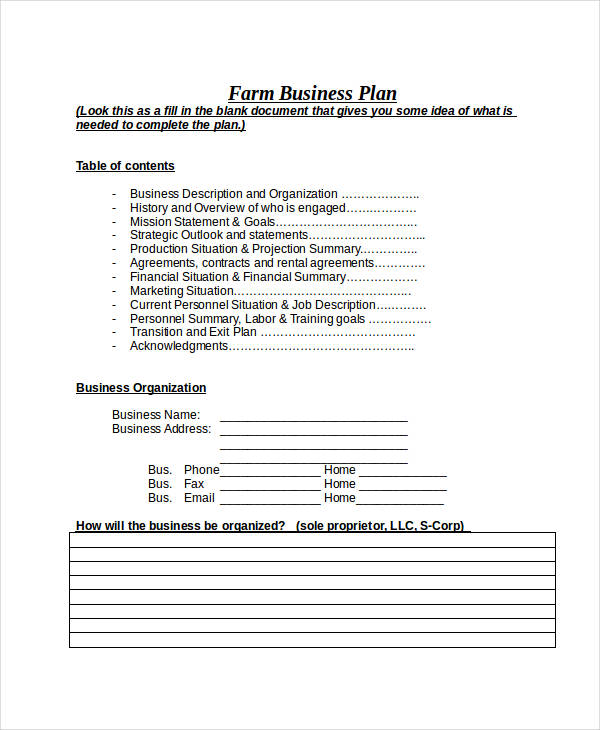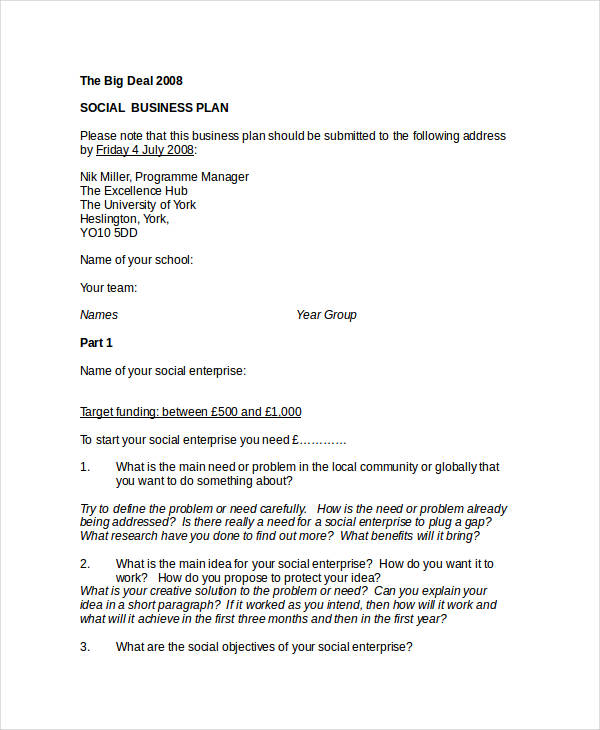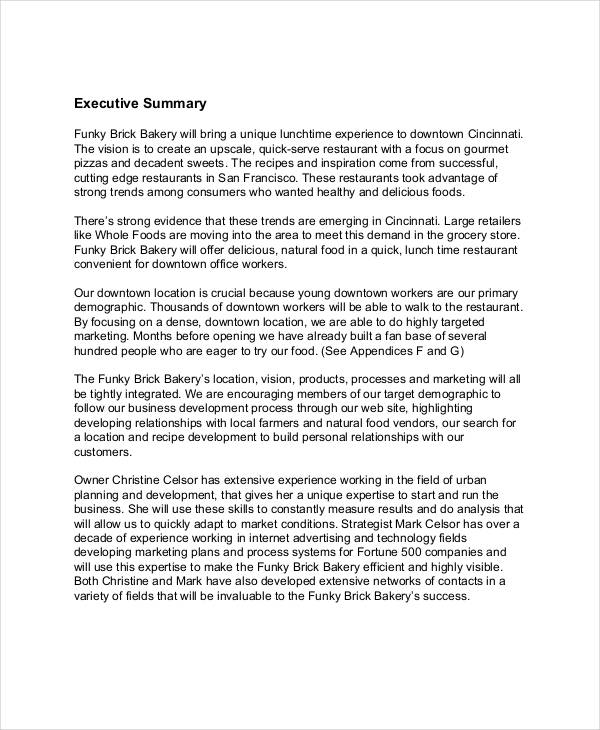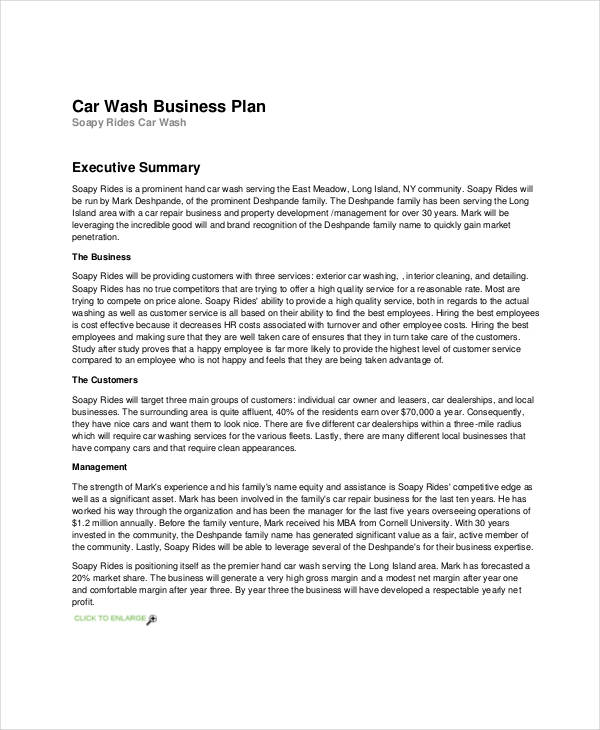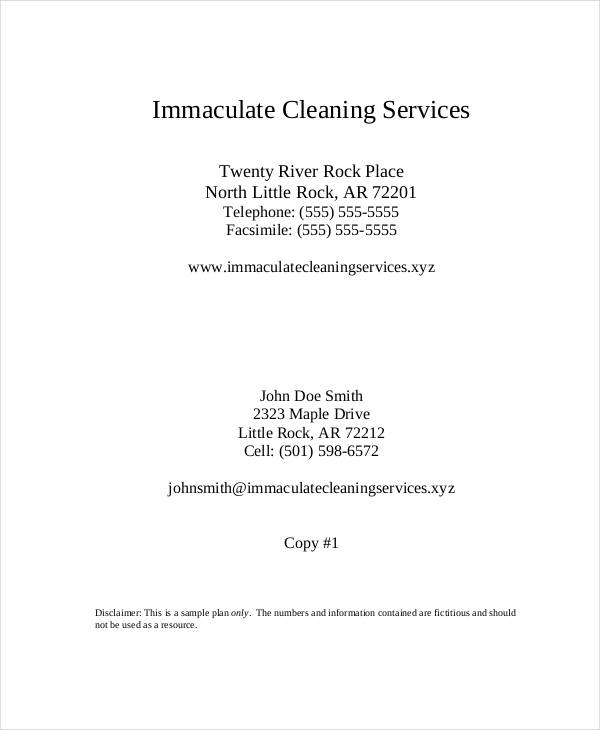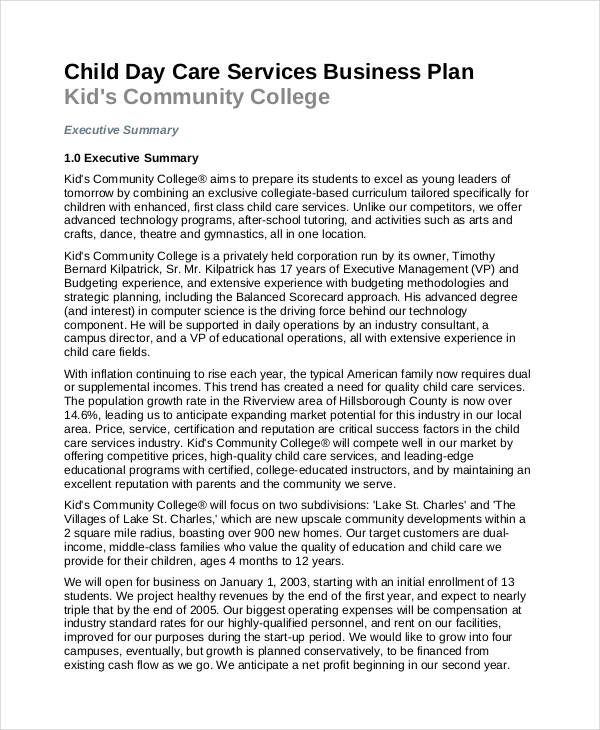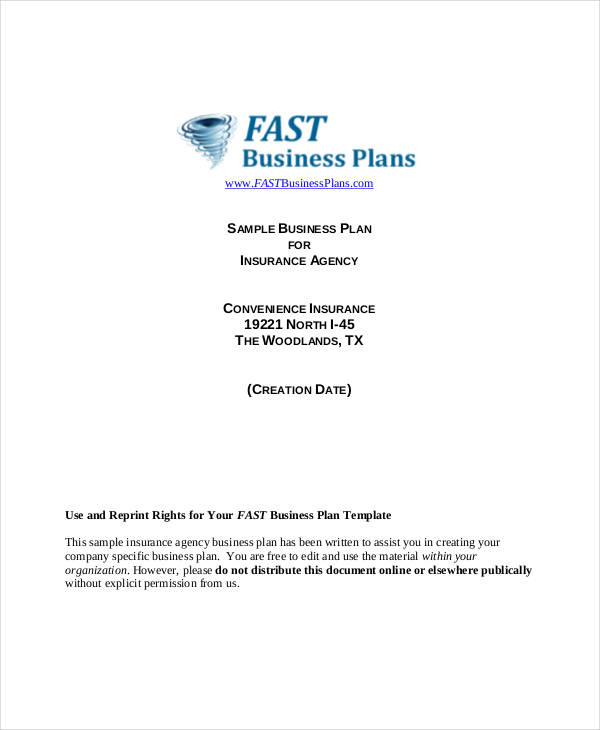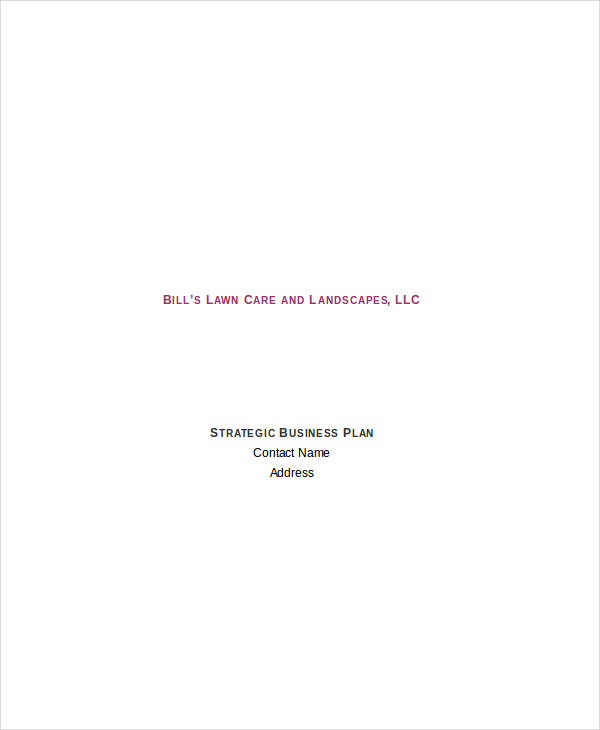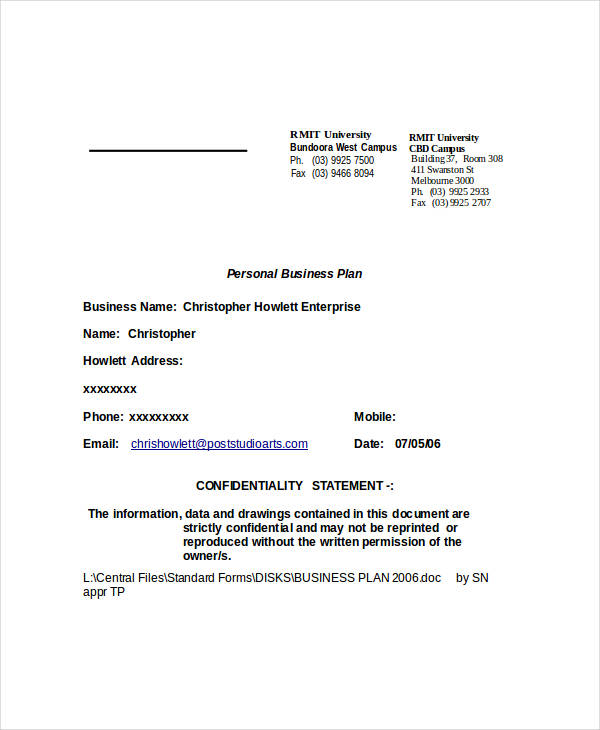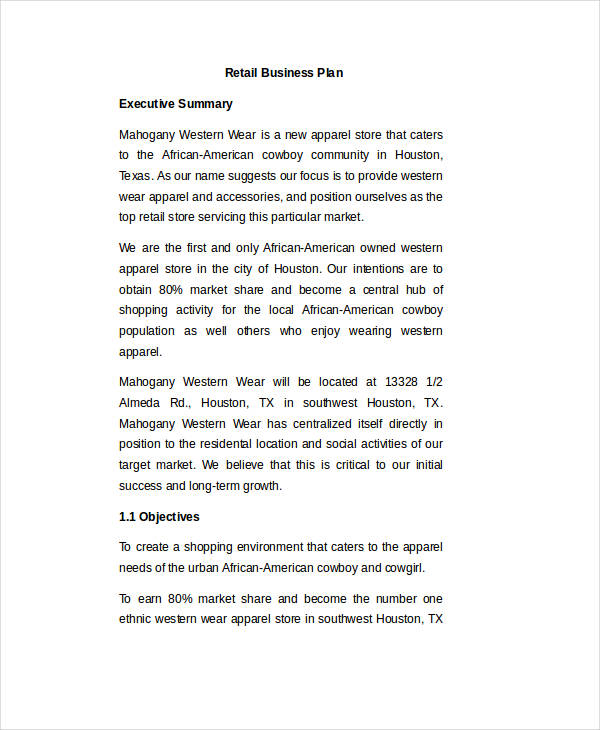36+ Simple Business Plan Examples to Download
To reach your goals in business, you need to have strategies in mind. There must be somewhere you can list down all the variables to your success; all the necessary factors to get to where you want to be. If you know how to create a business plan, then you’re a step closer to what you want. Allow this article to shed some light on its complexity. Learn about its purpose, its formats, and browse through an amazing list of sample business plans. Without further ado, here are some of the most useful templates and examples that you can ever find online!
46+ Simple Business Plan Examples
1. Simple Business Plan Template
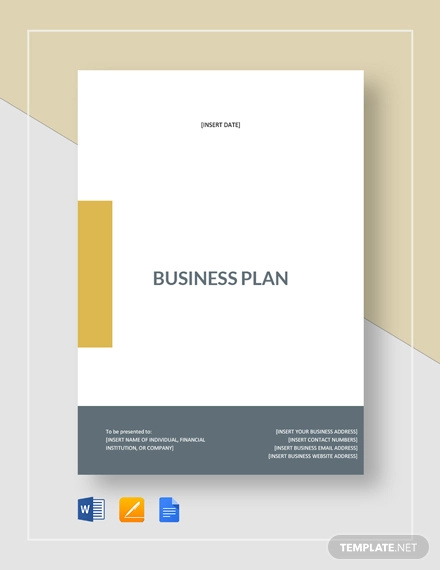
2. Spa Business Plan Template
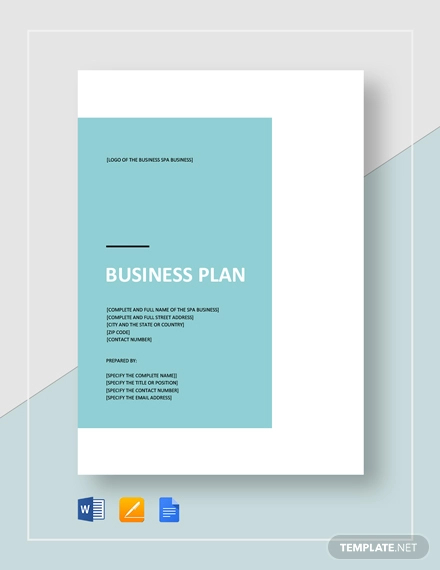
3. Nonprofit Business Plan Template
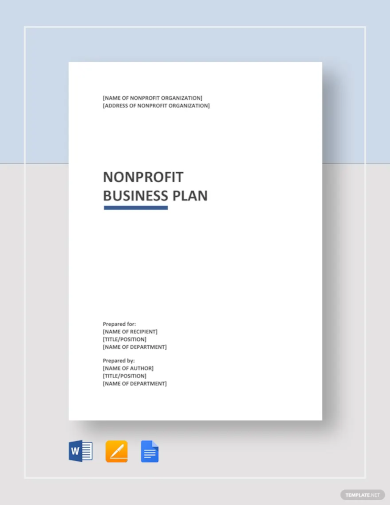
4. Trucking Business Plan Template
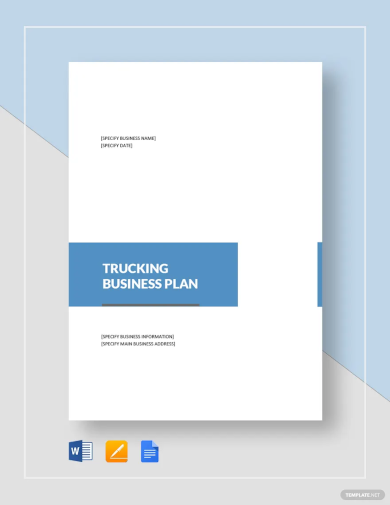
5. Business Plan Template
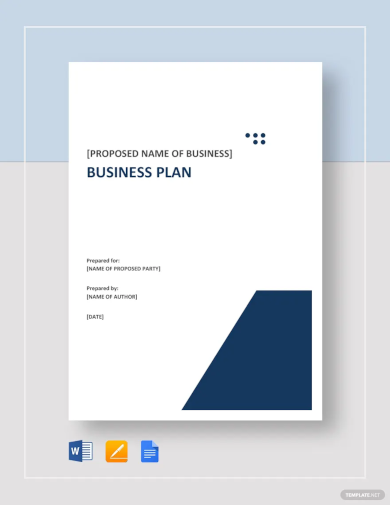
6. Business Plan Table of Contents Template

7. Sports Bar Business Plan Template
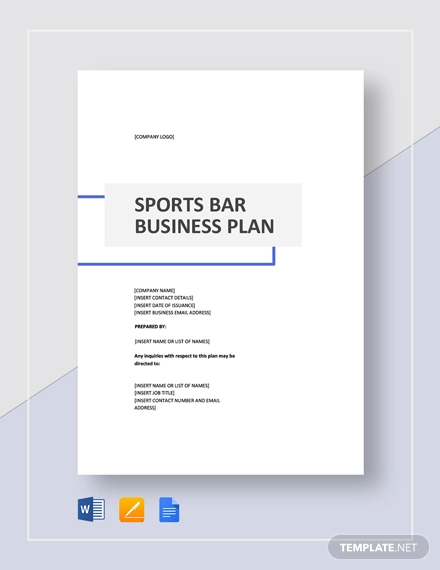
8. Saas Business Plan Template
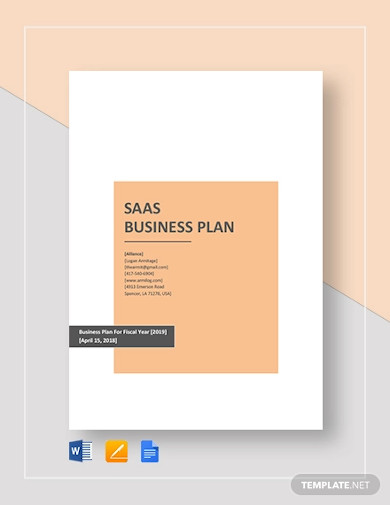
9. Startup Business Plan Template

10. Rental Property Business Plan Template
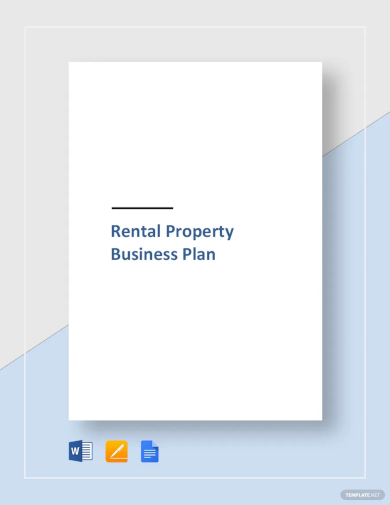
11. Construction Business Plan Template
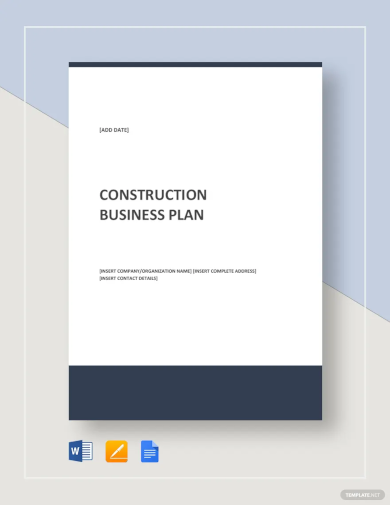
12. Sample Construction Business Plan Template

13. Restaurant Business Plan Template
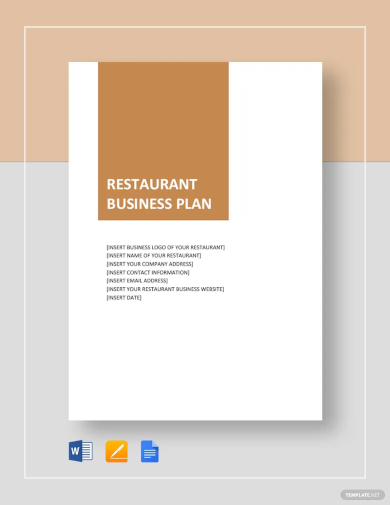
14. Generic Business Plan Template
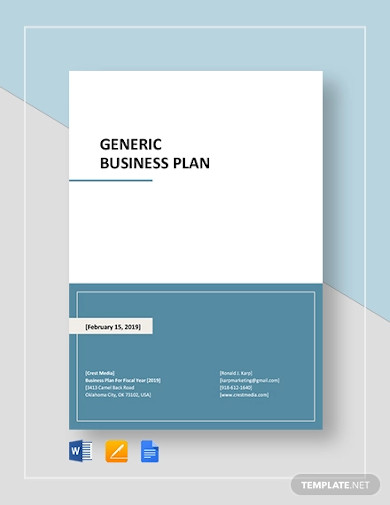
15. Freight Trucking Business Plan Template
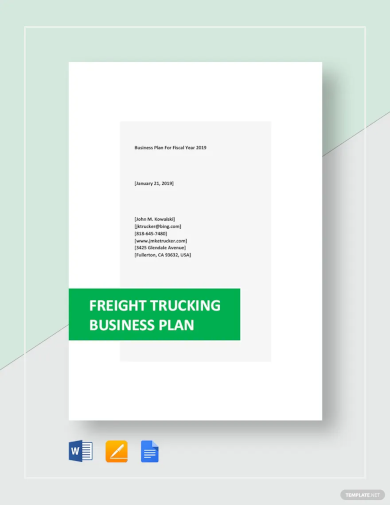
16. Mortgage Broker Business Plan Template
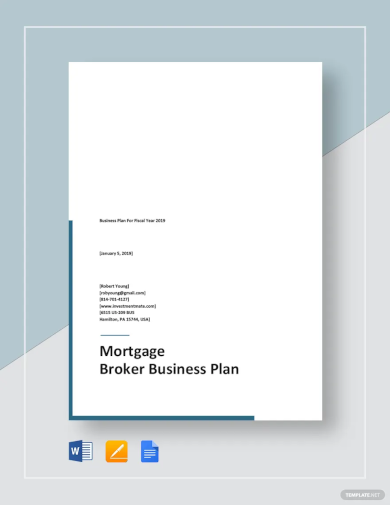
17. Boutique Business Plan Template
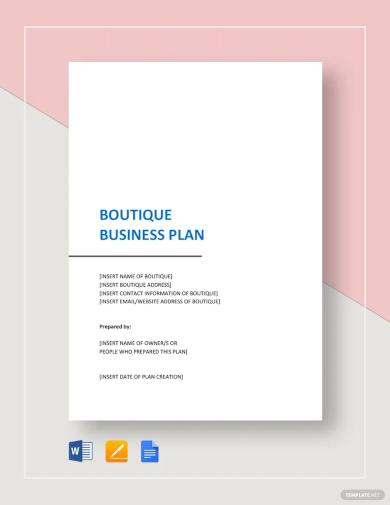
18. Recruitment/Staffing Agency Business Plan Template
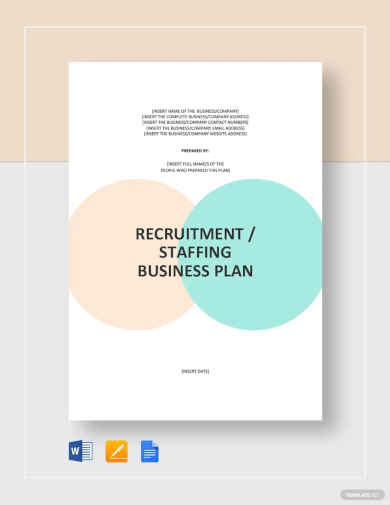
19. Modern Business Plan Template
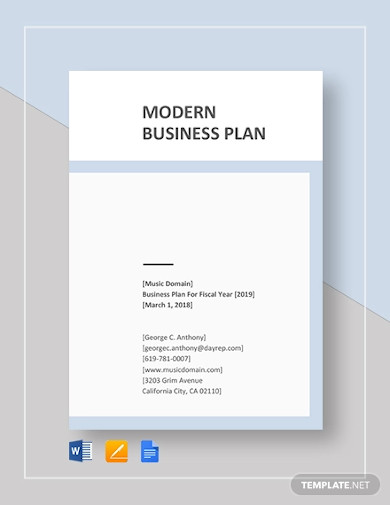
20. Travel Business Plan Template
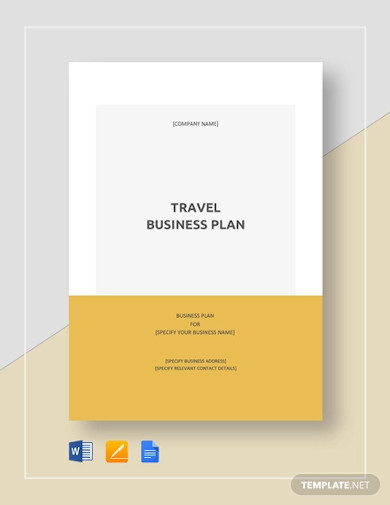
21. Veterinary Business Plan Template
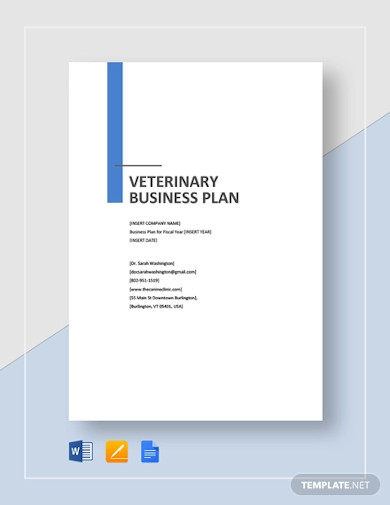
22. Renovation Business Plan Template
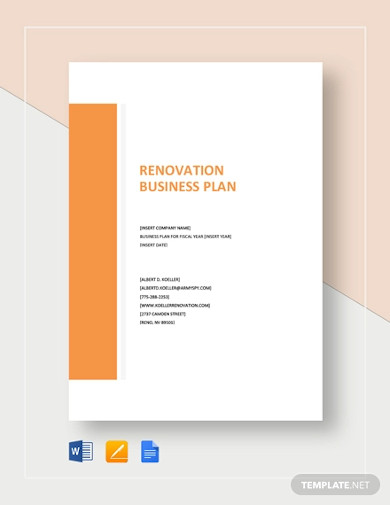
23. Sample Business Plan Template

24. Simple Business Plan Template

25. Business Plan Outline Template

26. Sample Marketing Business Plan Template

27. Business Operational Plan Template
28. 30 60 90 Day Business Plan Template
29. Business Plan Presentation Template

30. Business Plan Outline
31. Small Business Sample
32. Cafe Business Plan
33. Restaurant Business Example
34. Mini Business Plan
35. Farm Business Plan
36. Social Business Sample
Dental Business Plan37. Presentation Business Plan
38. Start-up Business Example
39. Bakery Business Plan
40. Car Wash Business Sample
41. Cleaning Business Plan
42. Daycare Business Example
43. Insurance Business Sample
44. Lawn Care Business Plan
45. Personal Business Plan
46. Real Estate Business Sample
47. Retail Business Plan
48. Student Business Plan
What Is the Purpose of a Business Plan?
A business plan has one true purpose and that is to help determine the success of a company. No organization makes it to the top of their industry on sheer luck and hard work alone. Writing a business plan becomes essential so that a company can have as much direction as it needs as it claws its way towards the point of success. Such is the role of a quality plan for business and is defined by the following:
- To explain the business model – A good business plan clarifies what the business is about and what is needed to be done to attain success.
- Set goals – Business plans, like work plans, are made to ascertain specific goals detailed in strategic plans directed towards the profitability and success of a company or business
- Detect potential problems – A sure way of finding out problems within a business is the inclusion of an evaluation as a result of actions being done in a business plan.
- Measure development – Having a budget plan for business provides the owner or decision-maker a guide of sorts in determining where the current business is and the next step of the management plan to take in progressing towards the success set by the business plan.
Tips on How to Pick the Right Business Plan Format
Remember that there’s no such thing as right or wrong when you want to learn how to write a business plan. Instead, adjust your thinking towards what is more effective or appropriate for your needs. Keep in mind that formatting is always an important consideration. You can stay up all night working on your simple analysis plan or spend hours browsing for the right business plan template, but if the formatting is wrong, then you still won’t be able to guarantee your document’s efficacy. Nowadays, there are two major formats that you can select. One is the traditional business plan format while the other is the lean start-up format. To help you decide between either of these, here are some important tips to consider:
1. Determine Your Specific Need for the Business Plan
As stated in the previous section, the main purpose of a business plan is to serve as a guide. What hasn’t been said yet is that it doesn’t necessarily have to be your guide alone. Those who want to attract investors or lenders will want the traditional business plan format for reasons that will become apparent soon. Otherwise, the lean start-up format may be more suitable.
2. Look into the Characteristics of Each Type
After you’ve determined why there’s a need for a business plan, now it’s time to tackle the elements of the formats. The traditional format, for example, is much longer and more detailed. Its precise nature is what makes this format attractive to investors or lenders—people who normally require a lot of information. On the other hand, the lean start-up format focuses only on the significant bits of info, such as the company’s organizational infrastructure, finances, and value proposal.
3. Determine Whether or Not Time is on Your Side
The lengthy and specific nature of traditional business plans requires a lot of time and effort to do. If you only have a longer time to prepare, then perhaps that is the best choice for you. Yet those who only have a few hours or days to prepare one may have to go for the lean start-up format instead.
4. Look into Which Type is Better for You
Both of these business plan outline formats have their weaknesses and strengths. It is up to you to choose which of these will you apply in composing your business plan. Remember, consider not your wants but your needs. If you need to obtain a simple, less hassle and faster yet more likely to be ambiguous, you may utilize the lean start-up format. Conversely, if you need to have a precise and detailed business plan which is paired with challenging and time-consuming composition then use the traditional one.
General FAQs
1. What is a business plan?
A business plan is a formal and comprehensive document that is prepared by a business to outline the goals of the business and how it can be attained. It states the time frame within which these goals should be achieved, along with the product details, manpower, and financial estimates.
2. What are the main components of a business plan?
Each business plan examples share common components such as the executive summary, company description, marketing plan, operational plan, and so much more. However, how these components are expressed or explained will differ according to the needs and designs of the business owner.
3. What is the purpose of a business plan?
The purpose of a business plan is to define the goals of a business along with the steps needed to reach them. It also helps in maintaining the focus of your business and securing long-term financing.
If you weren’t so sure before about how to make a business plan, well you are now. Whether it is a simple one-page version, a non-profit business plan, or even a business continuity plan, you now have the skills and knowledge necessary to make a highly effective document. Should that be something you aren’t too keen on yet, then there are always templates like the ones above. Stop hesitating and get started on your plan today!


